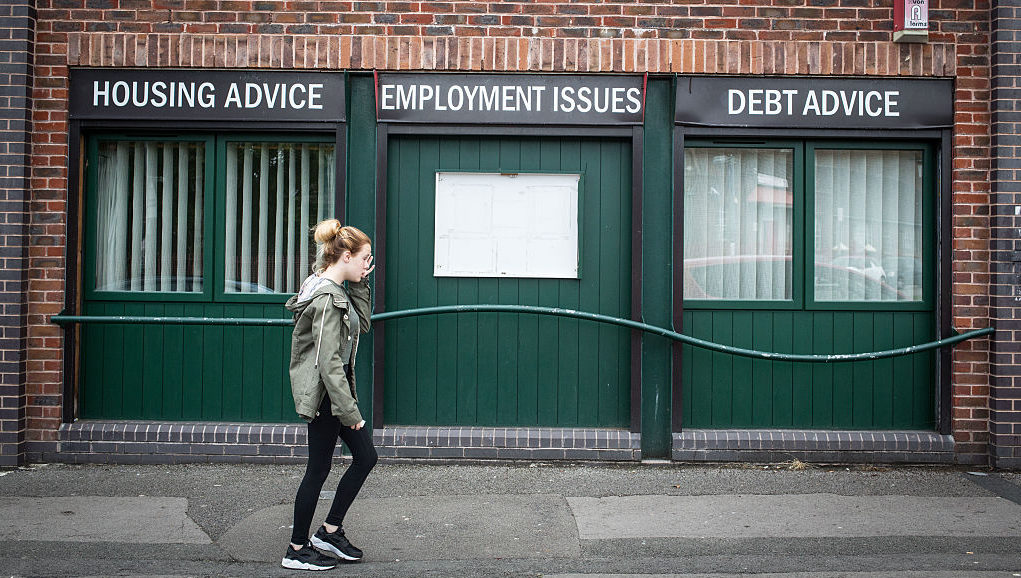Recently, the ONS published its first quarterly estimate for the end of 2022. It was significant because there were fears that the data might show a recession in Britain. The previous quarter had registered very slight negative growth, so if this latest release had shown something similar, Britain would have been considered to be in a recession. Instead, the latest figures showed that the economy had narrowly avoided one.
If that’s the case, then what can be said about the state of the British economy?
For one, the economy has been stagnant for some time. It has still not quite managed to grow back to its pre-pandemic size, while Britain has been far underperforming its peers: IMF data shows that the country has had the worst two years of any major economy.
One clue as to why this might be is in the employment figures. Between the third quarter of 2019 (just before the lockdowns), and the third quarter of 2022, the number of people in employment was roughly flat. But there were also plenty of shakeups between sectors. Indeed, the information and communications sector grew 25% while public administration, defence, and social security has expanded by 22%. Agriculture, forestry and fishing declined the most at -30% with wholesale and retail coming second at -13%. Manufacturing has also fallen by around -11%.
Turning to look at regional growth, these trends make more sense. The chart below shows GDP growth by region for the first and second quarters last year. As we see, only London and the east of England have been reliably growing. Given its relative size, it is fair to say that London is currently driving Britain’s economic growth.

Although we do not have third and fourth quarter regional growth figures, it appears as though most of the country is already in recession, with London being the exception.
The recent employment figures also explain some of the stagnation. The jobs added in information and communications are likely disproportionately located in London, but those added in public administration are not. Meanwhile, the high street appears to be in decline, as does agriculture and manufacturing.
Soon we will probably get a recession in Britain and attention will focus on that. Yet the current statistics point to much deeper problems than a simple cyclical downturn, after which the economy would get back on track. All signs point to chronic stagnation. Policymakers had better figure out a strategy soon or this could end up being a very long recession indeed.











Join the discussion
Join like minded readers that support our journalism by becoming a paid subscriber
To join the discussion in the comments, become a paid subscriber.
Join like minded readers that support our journalism, read unlimited articles and enjoy other subscriber-only benefits.
Subscribe